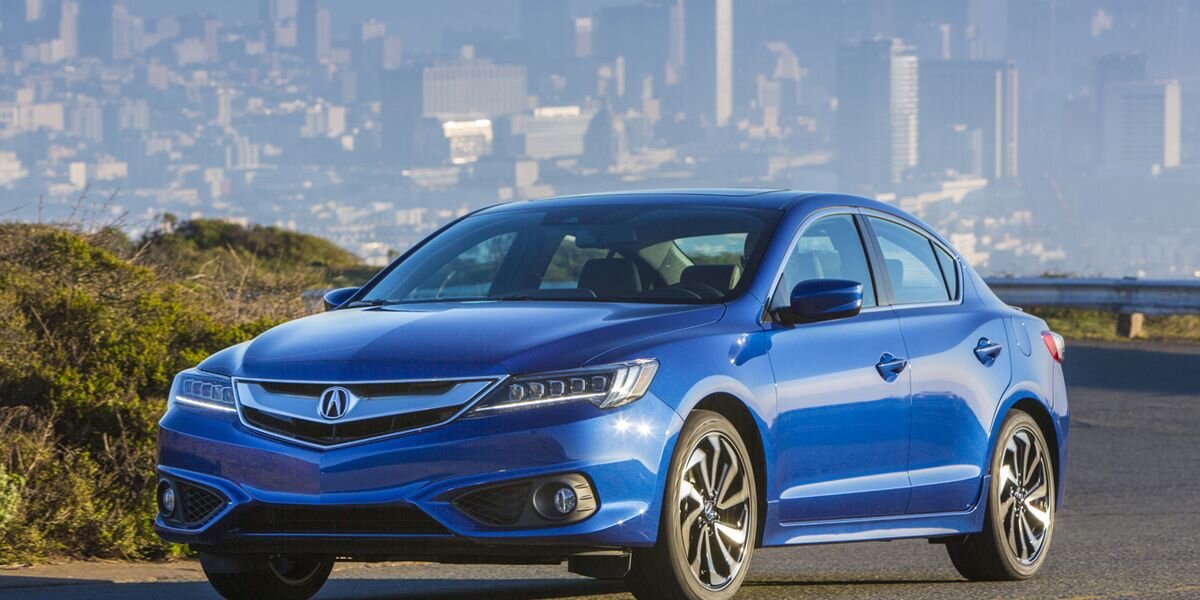5 Best Car Buying Advice

5 Best Car Buying Advice
If you’re looking for a new or used car, I suggest you talk to your friends and neighbors. They may have had great experiences buying their cars from dealerships, and they can give you advice on how to get the best deal.
1) Understand Your Budget
When thinking about getting a new car, it's important to figure out how much money you currently have to spend each month. Then, add the cost of owning a car, including things like car insurance, fuel, parking, and maintenance.
To afford a car, you need to know how much money you will be spending each month. This is different from how much you will pay in total. Car buying based only on a monthly payment can be expensive because you must pay it off over time. However, our car affordability calculator can help you figure out how much car you can afford.
2) Locate the Appropriate Vehicle
When you have a good idea of your spending limit, you can look for cars that fit your needs and lifestyle. Consider things like how many people you will be carrying, how much room you need, where you will be driving, and how much you will be traveling. If you spend a lot of time on long car trips, you might want to consider an SUV or crossover car. These cars can be expensive to buy and maintain, but they can be worth the investment if you plan on using your car a lot.
You should think about what you need your car for in the future, especially if there are kids or elderly people in your family. A short-term lease might be a better idea than buying a car if you're not sure what the future might bring.
We use the opinions of America's best automotive journalists to create our car rankings, and we also use data to predict how reliable and safe cars are. Our used car rankings will tell you how much money you'll need to spend on a car to make it affordable in the long run.
When looking for a new car, think about what you like and don't like about your current one. For example, if you want more power, you can trade fuel economy for a higher horsepower rating. The level of high-tech safety features has changed dramatically in the last few years, so you'll want to learn what's available before you buy your next car.
3) Study the Language
It's easy to get lost in the jargon of car purchases and auto loans. The auto industry has its vocabulary, which is constantly changing as new technologies emerge. Making matters more difficult is automakers' use of different names for the same systems. Our new car and used car reviews, fortunately, describe the various technologies available on each model and trim level.
4) Understand the Car-Buying Process
Car shopping is one of the last bastions of free-wheeling price haggling. While this can be daunting for many buyers, you can level the playing field by learning how to buy a car, how cars are priced, and how to negotiate a great deal. Buyers now have access to more information than ever before thanks to online tools. When discussing a car purchase, that knowledge can be translated into confidence.
Understanding the car-buying process will also assist you in identifying any tricks or tactics used by a salesperson to get you to agree to the deal they want you to agree to. You'll understand when to push back and when to back down.
5) Purchase a Car Before You Need One
"When should I buy a car?" is a frequently asked question. The most straightforward answer is that you should buy a car before you need one. If you drive your current vehicle until it breaks down or leaves you stranded, you will not only have a vehicle with limited trade-in value, but you will also have to buy a car without having the time to properly research your purchase and financing.
Exploring user forums for the vehicle model you drive can reveal when others are experiencing major component failures. If you're approaching one of those mileage milestones and thinking about buying a new car, you should do so sooner rather than later.
